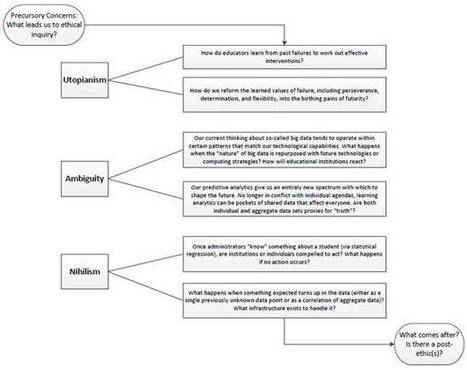People really can’t learn well without relationships. Sure, they can process information and take standardized tests, but a mind by itself can only answer its own questions and is rarely, if ever, inspired.
Even four-year-olds get the importance of people to learning. When you ask them what
Research and publish the best content.
Get Started for FREE
Sign up with Facebook Sign up with X
I don't have a Facebook or a X account
Already have an account: Login

 Your new post is loading... Your new post is loading...
 Your new post is loading... Your new post is loading...
|

Society for College and University Planning (SCUP)'s curator insight,
September 9, 2014 8:57 AM
The author, James E. Willis, III is an educational assessment specialist at Purdue University. |












